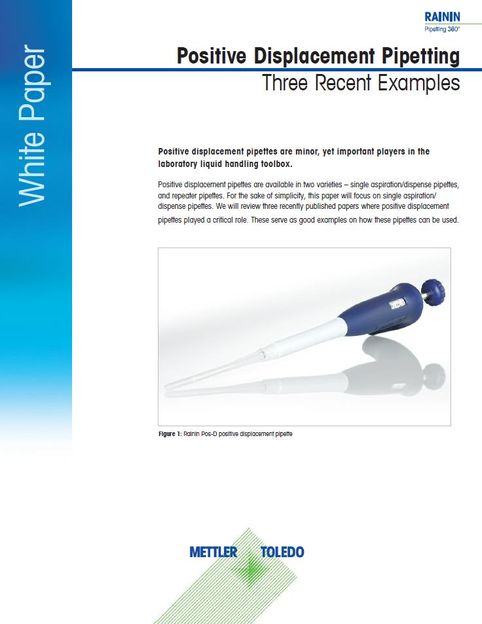BASF, CogniTek sign joint development agreement for creation of high efficiency heat exchange utilizing ionic liquids
BASF Corporation and CogniTek Management Systems, Inc., announced that they have signed a cooperation agreement to examine whether the combined use of supercritical carbon dioxide and ionic liquids gives rise to particularly efficient ways of using low temperature heat sources for power generation.
The attraction for this effort is belief that a process employing the unique properties of supercritical carbon dioxide and ionic liquids could transform low quality heat having comparatively low temperatures including solar, geothermal, combustion waste heat, and bottom cycling of existing power plants, into high value power generation. The result would be a combined power generation system with integral heating and cooling co-products capable of saving substantial amounts of energy.
"Ionic liquids are the perfect partner for super-critical carbon dioxide as the working fluid for high efficiency heat transfer, said Dr. Megan Turner, Business Development Manager of the BASF Intermediates New Business Development unit in North America. "Nonvolatile, ionic liquids possess extraordinary physical properties that provide great efficiency."
Ionic liquids are a relatively new class of attractive high performance liquids that typically are not flammable, do not evaporate and exhibit high thermal stability. As the first company to utilize ionic liquids in a commercial scale operation, BASF is a global leader in technology solutions that take advantage of the unique characteristics of ionic liquids, including providing access to its proprietary commercial scale BASIL(TM) technology that can be used for cellulose (Cellionic(TM)) and metal processing, metal plating, extractive distillation, liquid-liquid extraction, acid scavenging and acid catalysis. BASF provides ionic liquids in gram to ton quantities with its Basionic(TM) portfolio.
Other news from the department business & finance

Get the chemical industry in your inbox
By submitting this form you agree that LUMITOS AG will send you the newsletter(s) selected above by email. Your data will not be passed on to third parties. Your data will be stored and processed in accordance with our data protection regulations. LUMITOS may contact you by email for the purpose of advertising or market and opinion surveys. You can revoke your consent at any time without giving reasons to LUMITOS AG, Ernst-Augustin-Str. 2, 12489 Berlin, Germany or by e-mail at revoke@lumitos.com with effect for the future. In addition, each email contains a link to unsubscribe from the corresponding newsletter.
Most read news
More news from our other portals
Last viewed contents
Extremely_high_frequency
Jadeitite
Porphyroclast
Argillaceous_schist

Step by step to the end product through enzyme catalysis - Enzymes from microorganisms can produce valuable chemical substances. In a cascade, they can do that even if they need different environmental conditions

























































